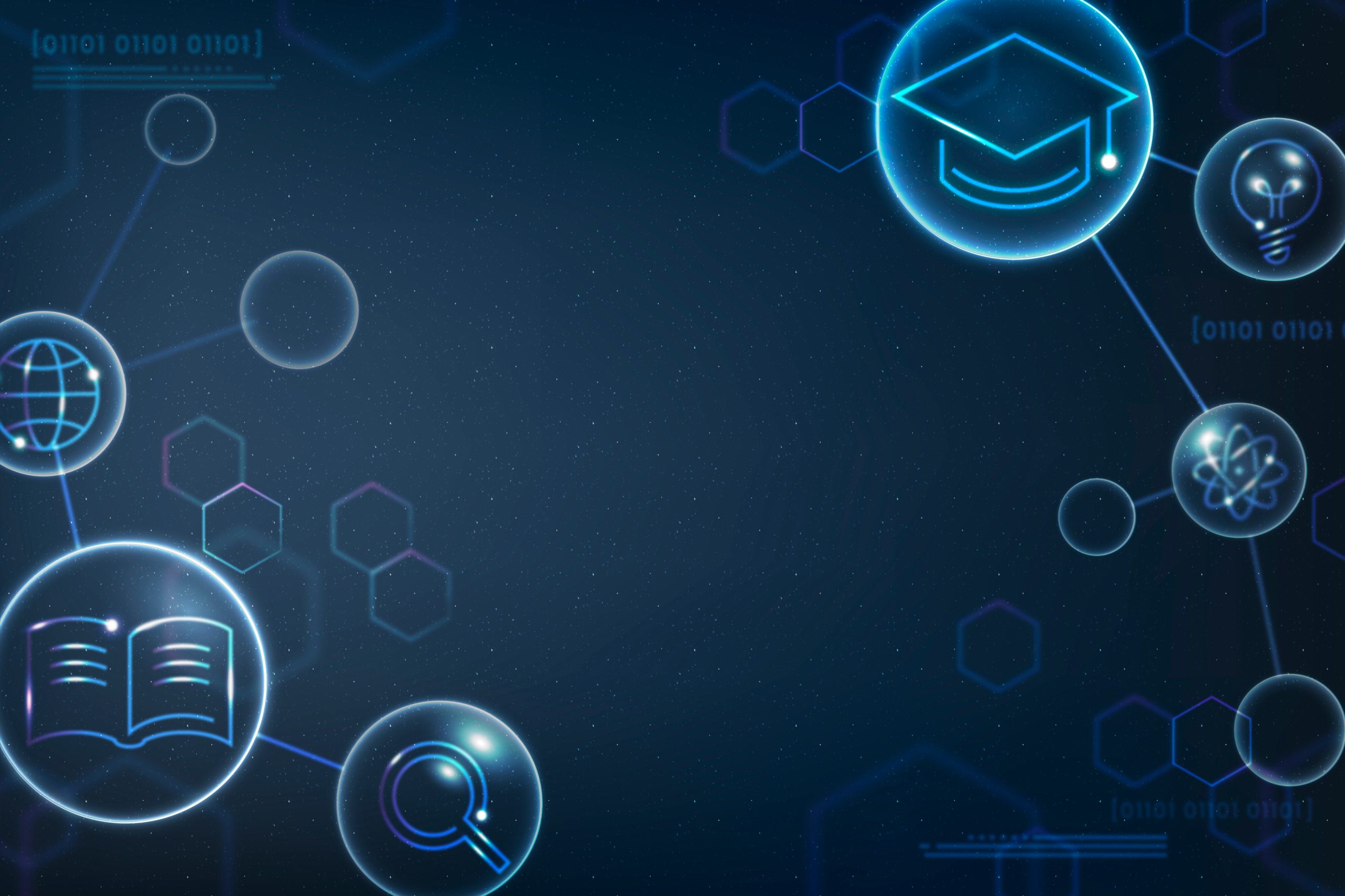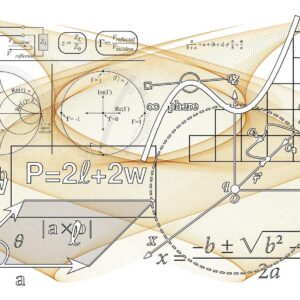How has COVID affected students – 5 Useful Strategies to Bounce Back

After two years of pandemic-related disruptions to K-12 education, the big question remains, how has COVID affected students and how do we help students bounce back?
A study released in January 2022 by Brown University was able to quantify pandemic related learning-loss by looking at assessment data and comparing it to pre-pandemic records.
The declines were disappointing, but not surprising. Compared to other learning disruptions (like natural disasters) COVID-19 learning loss continues to affect students.
This study, by no means, indicates that these losses are irreversible.
What is Learning Loss?
Learning loss is typically used to describe skills that are forgotten due to lack of use or a gap in education. Most commonly observed after the long summer break, learning loss causes educators to re-teach Spring concepts when school resumes in the Fall.
In the case of COVID-19 related learning-loss, most people are talking about the topics and lessons that should have been taught, but weren’t taught (or weren’t taught thoroughly) due to pandemic related educational disruptions.
How to Bounce Back from COVID Learning Loss
Learning strategies that help students understand concepts quickly and retain the information for a long time are the key to recovering from the affects of the pandemic on students’ academic achievements.
Here are five tips and strategies for affective learning and retention:
Here are five tips and strategies for affective learning and retention:
- Verbalize - say it out loud! Research has show that saying a word out loud during study, instead of reading the word silently, improves memory.
- Write it down. Research demonstrates that students who write their notes with paper and pencil (or pen!) actually retain more of the topic they’re learning.
- Don’t cram! Space out your study time. The act of forgetting and recalling is highly beneficial to long-term retention. These researchers emphasize that revisiting the same material in multiple smaller study sessions is more beneficial than cramming before a test.
- Get the answers wrong (then figure out why!) Self testing is a highly effective way to learn. Researchers found that when you test yourself, it changes the context around the subject when you’re both the asker and the answerer. Plus, getting the answer wrong tends to form a second memory, about the incorrect answer. Getting the wrong answer is a great way to get closer to the right answer the next time.
- Get help from an expert. There is no substitute for individualized attention from an experienced tutor who can focus on specific needs. Tutors are able to quickly assess strengths and deficits and make a customized plan, tailored to the individual’s learning style.
Benefits of Hiring a Tutor

Hiring a tutor for a student who is struggling can improve boost their confidence, improve study habits, test scores, and grades.
Research has shown that individualized tutoring has a dramatic impact on students’ academic performance, confidence, and ability to learn and retain knowledge.
Tutoring consistently also improves students' time management, which affects all areas of their life. It can lead to reduced stress, better mental health, and a more confident student.
How has Covid affected students?
The pandemic caused many students fell behind in their academics. A McKinsey study estimates that students lost an average of five months of learning in math and four months in reading by the end of the 2020-2021 school year.
The good news is that that individualized tutoring has a dramatic positive impact on students’ academic performance, confidence, and ability to learn other subjects at a later date.
Students and educators have a difficult road ahead in the recovery from COVID-19 related learning loss. Employing strategies for learning quickly and effectively can help students recover quickly.



